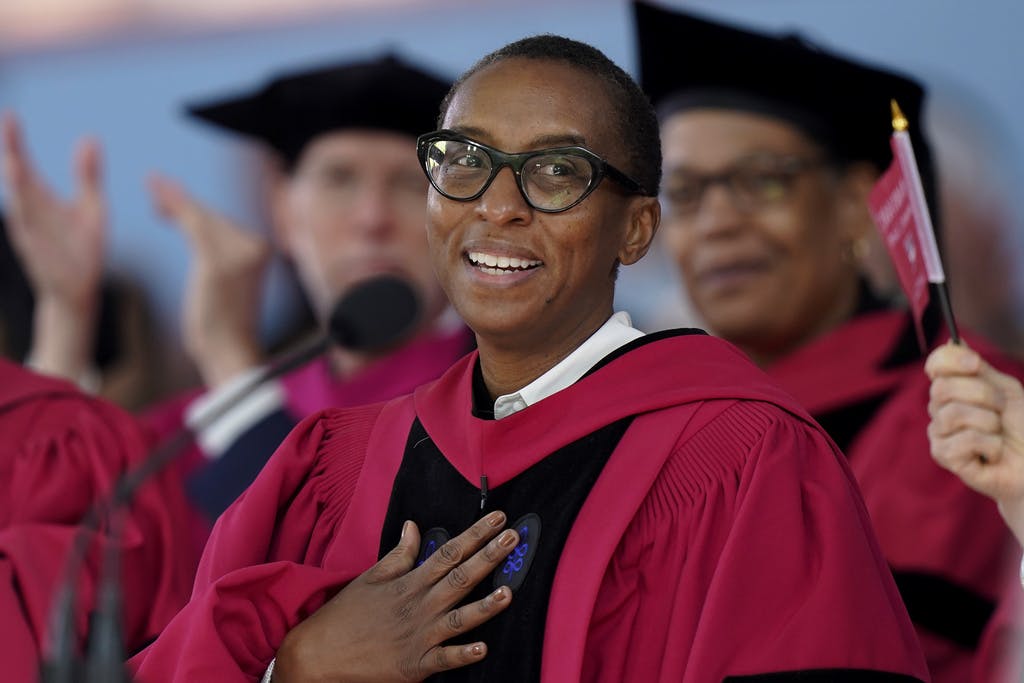
Can Trump ‘Nationalize’ Elections?
By THE NEW YORK SUN
|The violent and disruptive anti-Israel disturbances that have plagued college campuses since the Iran-backed attack on Israel are the higher-education equivalent of the financial crisis of 2008.

Already have a subscription? Sign in to continue reading
$0.01/day for 60 days
Cancel anytime
By continuing you agree to our Privacy Policy and Terms of Service.
By BRADLEY CORTRIGHT
|